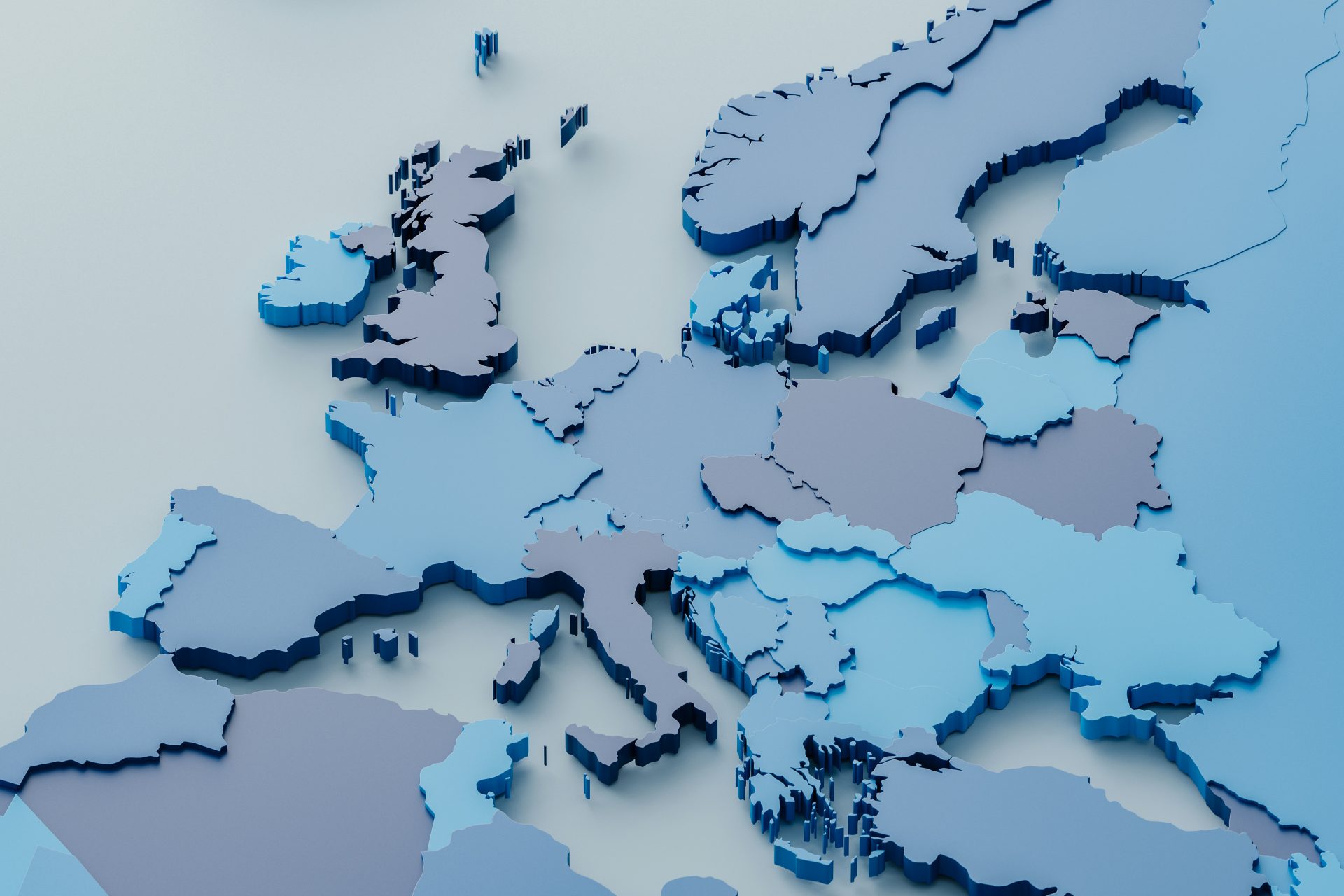How partnerships are driving a new era of dynamism for Europe’s tech sector
Although Europe’s tech sector has helped to deliver solutions that span the breadth from fintech to robotics, it seems that progress doesn’t always move quickly enough. The EU has indeed lost ground against global competitors over the past two decades, with a 70% gap in per capita GDP between the EU and the US.
However, the rising number of promising tech ventures across Europe could help to bridge this chasm, benefiting from a growing community, public support and increasing amounts of funding.
In 2023, over $16 billion in venture capital was invested in deep tech startups alone in Europe. Meanwhile, the European Innovation Council (EIC) backed over 100 tech companies in this industry in 2023, worth €1.2 billion, further bolstering the playing field for high-potential companies across the continent in tandem with private investors.
This success can also be attributed in part to strong partnerships. The continued rise of tech across Europe not only helps to produce future solutions across industries but also ensures that the tech sector remains competitive globally.
Further, the rising number of collaborative projects confirms that local and international players see Europe’s startups and tech firms as attractive prospects.
From trade deals and investor collaboration to new business deals, these wide-ranging partnerships are opening up more opportunities for technology enterprises and developing an exciting culture of dynamism across the continent.
A culture of collaboration
Although the US often takes the limelight when it comes to tech innovation, it’s also defined by a highly competitive landscape. In contrast, Europe has historically taken a more collaborative approach which is increasingly working in the favor of local technology companies.
Meanwhile, the collective nature of the European Union means that solutions from healthcare to logistics can be readily applied and developed at scale for all member states in the bloc.
This is further supported by the single market, meaning startups can tap into numerous countries without additional administrative burden when it comes time to scale.
This collaboration also means European companies should be better positioned to take advantage of the business opportunities any crisis yields.
Investors teaming up
Another critical driving force behind the latest era of growth for Europe’s tech ecosystem can be attributed to strong investor partnerships.
Although the continent boasts plenty of strong homegrown funds, investors and fund managers aren’t shy in actively courting funds from further afield. For instance, the fund Elaia welcomed a host of investors in June for an action-packed tour across four countries, including a visit to CERN, arguably the crowning glory of Europe’s tech and research ecosystems.
The tour should not only help the DTS3 fund reach its ambitious target by 2025, but also help to capture the attention of founders with the presence of international, big-name investors.
More widely, these activities are part of a growing movement known as European dynamism.
From industrial robotics, defense and public safety, aviation and aerospace or next-gen computing, advocates of this movement aim to support the progress of deep tech projects across industries with a unified business culture and complementary ties with the US market.
Outside of deep tech, pre-seed and seed funding is also benefiting from strong investor collaborations. The billionaire Xavier Niel plans to invest 200 million euros into AI to push France to the forefront of the field, joining growing interest from large family Offices, pan-European investors and venture firms in supporting the thriving ecosystem.
Beyond startups, technology organizations from Europe uniting
Yet it’s not just startups and investment funds benefiting from the power of collaboration. New partnerships are on the rise across the tech scene in companies of all ages and sizes.
One notable example of this can be found in the telecommunications sector. This month Sim Local, a leading eSIM provider, announced a new partnership with network provider Lyca Mobile.
The partnership represents the first e-commerce retail partnership by Lyca Mobile, first launched in the UK in 2006 and currently operating in 23 countries, outside of its own direct-to-consumer business in a major move for the industry.
Sim Local caters to global travelers and allows them to avoid expensive roaming charges and offers a range of virtual sim cards for seamless mobile connectivity when abroad. By working with Sim Local, the telecoms company is positioning itself at the forefront of new mobile trends and changing consumer preferences.
A unified front for Europe’s tech ecosystem
From the collaborative mindset within the European Union, rising dynamism and new partnerships between investment funds and tech companies, technology companies on the continent are benefitting from a more unified ecosystem.
In turn, this momentum will ensure funding continues to flow into the region and that promising business initiatives have a fertile landscape to build from, promising a bright future for Europe’s tech sector.
Article by Laura Bullock, Head of Commercial at Sim Local



